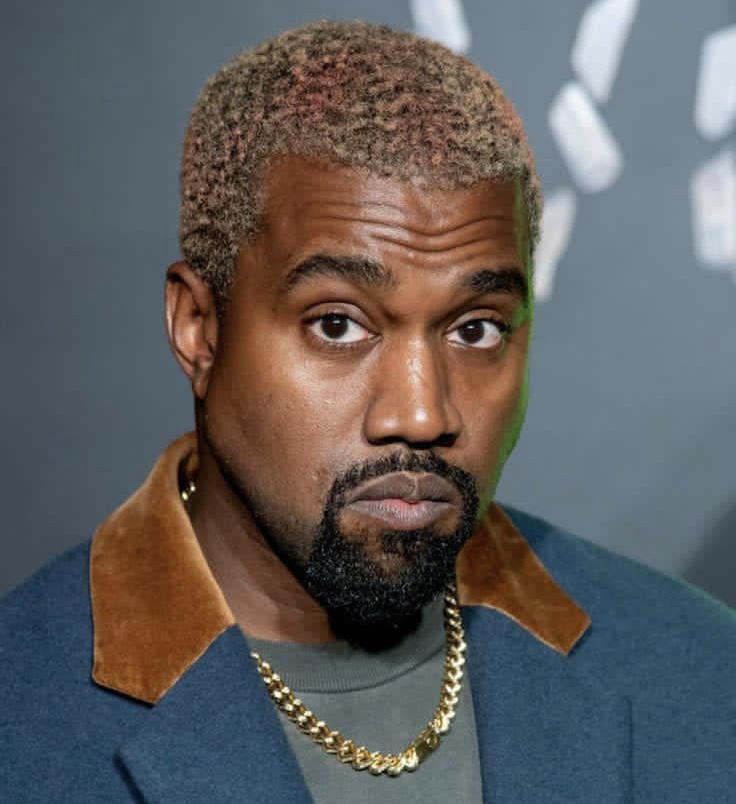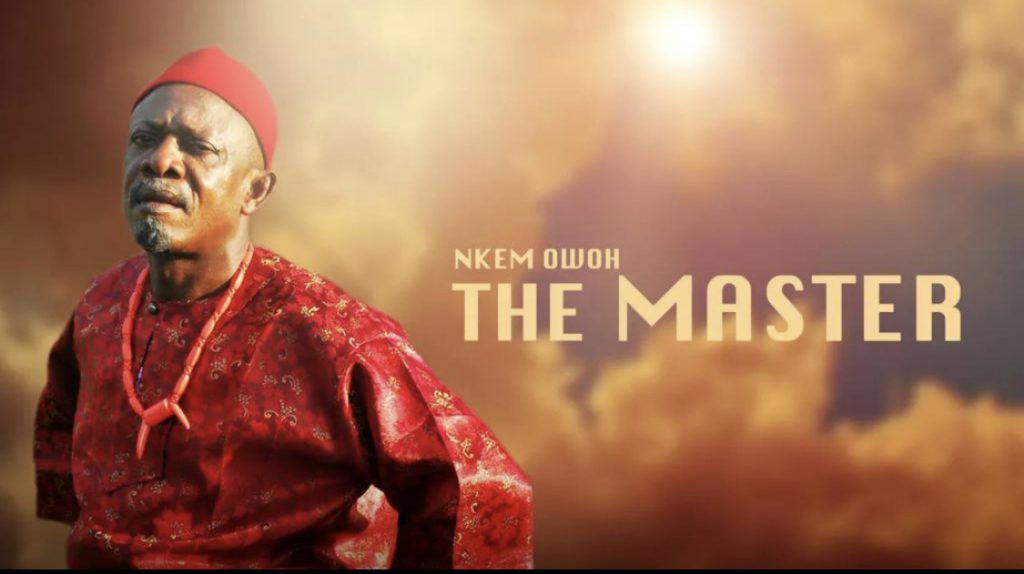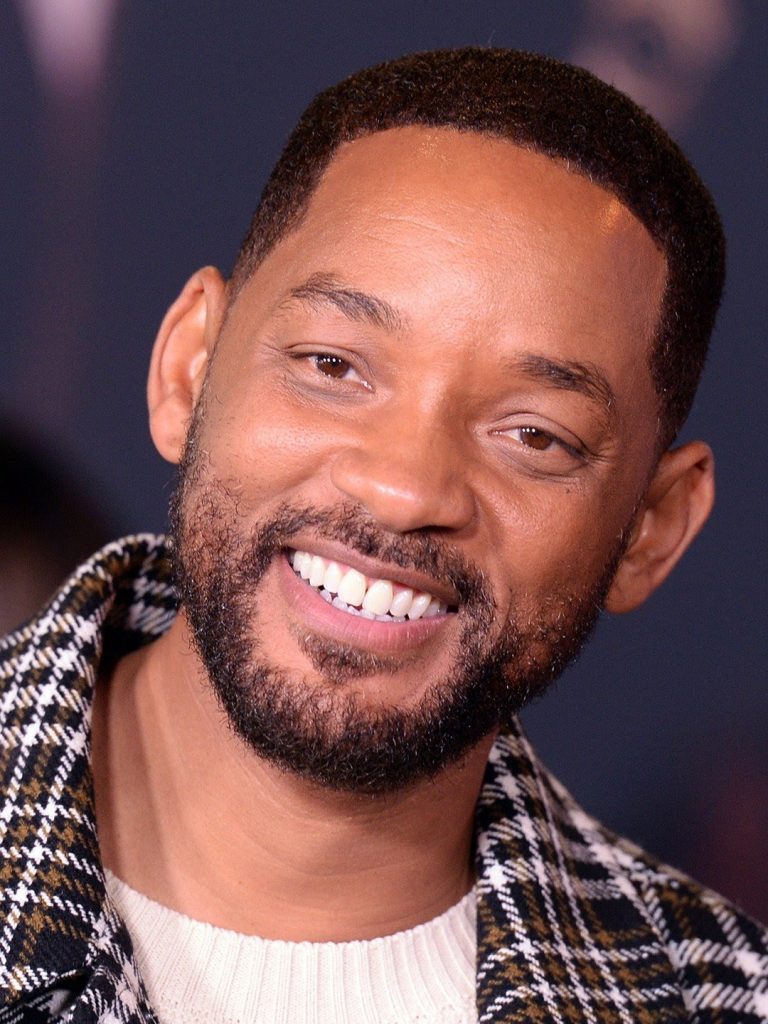Artistic cross-carpeting is a dicey undertaking, but as there are no reward without risk, it has proved, for the most part, to be a gratifying process…
By Sybil Fekurumoh
Producers to Performing Artistes
In the late 90s and into the 2000s, African American producer, Kanye West, needed the chance to transition from music production to making his own music and to solidify his place as a rap artiste. To West, rap was the certain means to get the respect he desired in the music industry. For many else, it just might have been a risk not worth taking. The same has been said for many others like him.
As one of the world’s most prolific black artistes, West began producing beats for local artistes, until his big break producing for rapper, Jay-Z, in the 2000s on his Blueprint album. Passionate about being a rapper, West followed that success to release his own album, The College Dropout, in 2004. West came to be known for creating the “Kanye Effect,” producing hit songs that top the charts for other artistes. With eleven studio albums and three collaborative albums, West has created a legacy for himself as an award-winning producer, rapper, and fashion mogul. Unfortunately, the same cannot be said for many others, even outside America.

It takes more than a good voice and sound to make good records. True, entertainers and creatives can be versatile in many art forms and styles, but artistes, too, come to be associated with a musical style, sound, or genre. Artistes find unique styles and create a brand or image around them. Most times, it works; other times, it never peaks. Changing an existing persona is tricky business, and while some can find a way around it, others have their careers plummet to the ground.
Like West, other producers, too, have dreamt of the big stage as musicians. Nigerian singer/songwriter, and record producer, John Saviours Udomboso (Young Jonn) was first, a music producer for HitFactory Studio, Lagos. He produced hit songs such as Nigerian rapper, Olamide’s “Story for the Gods,” and “Bobo,” and worked on albums such as Olamide’s Eyan Mayweather among others. “Bobo” won him the Producer of the Year Award at the Headies in 2015. Jonn has now transitioned into being a singer, and has made hit songs such as “Dada” and “Xtra Cool,” releasing two EPs, Love Is Not Enough vol. 1 and 2. With hit songs in succession, Jonn has proven that he’s just as talented a singer as he is a producer, and can as well excel in both.
Similarly, Nigerian record producer/ singer/ songwriter, Phillip Kayode Moses (Pheelz), also found success in different artistic forms. As a producer, Pheelz has worked with Nigerian artistes such as Olamide, Tiwa Savage, MI, Runtown, and Bnxn. He also won the Producer of the Year at the Headies Award in 2020. Pheelz released his debut EP in 2021, and in 2022, had the hit song, “Finesse,” with Bxnx to much success wave that he continues to ride on. British-Nigerian, Maleek Berry, also easily dons the hats of record producer and recording artiste. He’s worked with artistes such as Davido, Wizkid, Wande Coal, Naeto C, Runtown, and several others, while releasing songs as a solo and featured artiste.
(Read also: Pheelz & Bnxn “Finesse” Video Fell Way Below Expectation. Did Director K Buckle Under Pressure?)
Switching Sounds and Genres
Nigerian singer, Chidinma Ekile, began her career following her emergence as a winner of Project Fame West Africa in 2010. Ekile gathered moderate success as a secular artiste, and also won a few awards such as the KORA awards in 2013. Ekile’s career steeped afterward and took a nosedive in 2021 when she announced a switch to gospel music after having become a born-again Christian. Also worthy of note is Nigerian singer, Waje, one of the industry’s finest female singers.
This year, Waje switched to the gospel genre with her album, Unbroken. Change is not entirely a bad thing, but for the likes of Chidinma and Waje, who struggled in the limelight, it was a change that was unexpected. To the fans and general public, the switch seemed like a ploy to hop on a trend and hold on to as much fame as they could grasp, perhaps by finding a more conservative audience in the gospel genre.
(Read also: Waje’s Transitioning to Gospel Music is Not a Trend: A Conversation with Nigerian Soul-Diva, Waje)
However, artistes like Nigerian Adekunle Gold, now AG Baby, made a calculated move with transitioning that seemed to have worked out fine. The trick appears to be to make gradual changes rather than giving a full swing. AG Baby has evolved from singing Juju-influenced sounds to creating Afro-Pop and Afro-fusion hits. He has successfully managed to merge the “lover boy” image with one of hedonism.
On the converse, singer, Asa’s go at evolution was received with mixed reactions. On her recent album, V, Asa evolved her craft from her more solo and soulful musical style to creating a more urban and carefree album, featuring a wide range of artistes. For the most part, Asa’s experimentation paid off, as V, arguably, finely succeeds her previous release, and blends smoothly with the sound and style of the new age.

(Read also: Asa’s Experiment with V is a Timeless Evolution of Craft)
Nollywood Actors Cum Musicians
The early 2000s, up to the 2010s, saw a wave of Nollywood actors try to diversify by venturing into music. In 2004, Nigerian actress, Genevieve Nnaji, released her 8-track debut album, One Logologo Line, while signed under EKB Records, which had the track “No More,” as the lead single. “No More” centered on domestic violence, and moving on from abusive relationships. “No More” was relatively successful, even as the album itself was not much of a hit record.
Nollywood’s favourite “bad boy,” Jim Iyke, also released a few singles between 2009 and 2010, featuring heavyweights in the music industry. He released “Who Am I” with Nigerian singer 2Face, and “Born to Do This” with Puffy T. Iyke’s lyrics on these tracks were mainly inspirational, yet, the songs were unable to hold the limelight, even with 2Face as a featured artiste.
In 2004, actor, Nkem Owoh, made the song, “I Go Chop Your Dollar.” The song was first used as the soundtrack of the movie, The Master (2004), where Owoh played the role of an advance fee fraudster. The song was however banned by the Economic and Financial Crimes Commission (EFCC), and the Nigerian Broadcasting Commission (NBC). Owoh rode on that success to release other hit songs such as “Know Me When I’m Poor,” “Kiss Me Quick,” and “Susanna,” featured as original soundtracks.
We would find out years later that most of Owoh’s songs were written and performed by Nigerian singer and songwriter, Stanley Okorie, who made a career off creating soundtracks for classic Nollywood movies. Actress, Patience Ozokwor, who came to be known as “Mama G” also made quite the appearance in the music scene, with hit songs such as, “National Moi-Moi” with Tonto Dikeh and Charles Awurum, and “See Me See Trouble.” Another honourary mention here is John “Mr. Ibu” Okafor, with songs such as “This Girl” and “Do You Know.”
The successes of Owoh, Ozokwor, and Okafor were partly due to the appeal of Nollywood movies then, and also how these actors depicted the realities of their environment at the time. But the glory was short-lived, and their music pursuits have long been forgotten, I daresay by the actors themselves. These songs hardly drive any record sales today, and at most, the songs only make listeners nostalgic.
(Read also: Scores and Original Soundtracks, Nollywood’s Untapped Goldmine?)
We may someday have Nollywood actors become successful singers. Only a week ago, actress and producer Adesua “Susu” Etomi-Wellington, released a four-track EP, Sue Me, which has received favourable reactions from critics. Sue Me comes 8 months after the release of the single, “So Natural,” which was received with mixed reactions. Time will reveal whether Susu’s musical ambition would be longstanding since her style is not exactly suited for mainstream audiences. Still, it is possible for her to find a niche audience and be successful.
Other Nollywood actors, too, have forayed into music, but it is difficult to say whether this venture was aspirational or merely a trend for actors. It could possibly have been an inside joke amongst actors to make songs as ridiculous as possible. Naturally, their music careers crumpled before they even took off.

Actress, Tonto Dikeh, released singles such as “Hi,” and “Itz Ova” in 2013. Dikeh would release “Sugar Rush” with Nigerian singer, D’Banj, while signed to his DB Records, but would leave the label in 2015, a move which seemingly marked the end of her music career. It is somewhat difficult to put a timeline to Omotola “Omo-Sexy” Jalade-Ekeinde’s prod into music.
She started her music career in 2005, with the album, Gba, and since then, has been on and off the music scene. In 2020, she released the single, “Get Busy,” with singer, Harrysong, from her album, Omotola, announcing the release as a return to music, her “first love.” These songs are best forgotten. The songs lagged creatively, with sparse and shallow lyrics. Sometimes, sparse lyricism work for artistes, but for these actors, their songs were devoid of passion, so much so that the songs appeared as a pastime.
First, Music, Then Movies
In 1992, veteran Nollywood actor, Segun Arinze released his debut album, Dreams, without much commercial success. He would become a successful actor, starring in movies such as the 1996 Silent Night, which gave him the moniker, “Black Arrow,” and Anini (2005), An Eye for an Eye, and Chronicles. Nigerian actress, Gbemi Anthonia Adefuye, also known as Toni Tones, is best recognised for her stellar performance in the King of Boys series, Smart Money Woman, and Quam’s Money.
It is little known, however, that Tones began a career as a photographer and singer. She released songs, “I Know What You Like,” and “Hey Boy,” with a remix from Nigerian rapper, Cynthia Morgan. The music career did not quite take off, most likely from her newness in the industry, a lack of good publicity and not having a good record label to actively promote the albums and artistes.
Now, it is difficult to ever picture Arinze and Tones as anything but actors, but for successful music artistes that do make the big screen, sometimes they only make cameo appearances, or feature as supporting characters in musicals. Nigerian singer, Yemi Alade, made a cameo appearance as Mugabe in Omo Ghetto: The Saga (2020).
Nigerian singer, Simi, also played a character who aspired to be a singer in the 2019 Kunle Afolayan movie, Mokalik. Nigerian singer, Omawumi Megbele, has also featured in the critically-acclaimed movie about sex workers, Òlòturé (2019). In Lara and the Beat (2018), Nigerian singer, Seyi Shay, played the titular character with big dreams of being a superstar. Nigerian singer, Tiwa Savage, also featured in 8 episodes of the MTV Base series, Shuga Naija as Sade Banjo. Nigerian rappers, Reminisce and Ill Bliss also easily embodied the roles of Makanaki and Odogwu Malay in the King of Boys.
American rapper and singer, Nicki Minaj, was a supporting character in the rom-com, The Other Woman (2014), and Barbershop 3 (2016). She’s also voiced animated characters in the movies, Ice Age: Continental Drift, and The Angry Birds Movie 2. Barbadian singer, Rihanna, first made a cameo appearance in the movie, Bring It On: All or Nothing (2006). She’s so far starred in Battleship (2012), the heist movie, Ocean 8 (2018), and an animation, Home (2015).
American superstar, Beyoncé, is easily remembered in musicals such as, The Fighting Temptations (2003), and Dreamgirls (2006) where she reprises the role of a singer. She also played the role of a pop star in The Pink Panther (2006), and as the jazz singer, Etta Jame, in Cadillac Records (2006), and starred in the music drama, Carmen: A Hip Hopera (2001). We can say the same of American singer, Jennifer Hudson, who made her debut acting in the Dreamgirls musical. Hudson has since featured in musicals, such as Hairspray Live (2016), Sing (2016), and Cats (2019); as a singer in the movie, Sandy Wexler (2017), in the Broadway revival of The Colour Purple (2015-2017), as the singer character, Shug Avery, and in the biopic of musician Aretha Franklin, in Respect (2021).
In some cases, singers create soundtracks for the featured movies, as well as take up acting roles as leads, which turn out to be just as lucrative for the singers. An example is the late American singer-songwriter, Prince, who both scored and debuted in the rock musical drama, Purple Rain (1984). Purple Rain was Prince’s sixth studio album, as well as the soundtrack for the movie.
It was also Prince’s first album to top the Billboard 200, and it further stamped the artiste as a pop icon. Again, the late Whitney Houston took up a lead role and created the soundtrack for the movie, The Bodyguard (1992). The Bodyguard: Original Soundtrack Album will become the best-selling soundtrack of all time and the best-selling album of a female of all time. The album would also win a Grammy Award for Album of the Year.
South African singer and actor, Nakhane, was cast for the lead role of the 2017 film, Inxeba (The Wound), having first been considered to make music for the movie. They would later take up other acting gigs such as Anthem: Homunculus, a 2019 series, and Two Eyes (2020).
Talent may be apportioned to all unequally, but interest and hard work also work in the favour of those that are persistent. Yet, while some artistes find what works for them and stick to it, others can shape-shift when needed. Some others that started out as musicians have been able to find success both as actors and musicians. Nigerian rapper, Folarin “Falz” Falana comes to mind here. With five studio albums as a rapper, Falz has taken cameo, supporting, and lead roles in several Nollywood movies including Jenifa’s Diary (2015), Tinsel, New Money (2017), Chief Daddy, Merry Men 2 (2019), and Your Excellency (2019). Falz also became the first Nigerian musician to win an AMVCA for “Best Supporting Actor” in New Money.
(Read also: Falz’s Bahd is a Visionary and Eclectic Return)
American actor, Will Smith, first came to the limelight as part of a hip-hop duo and released five studio albums together from 1984 to 1994. He continued solo, releasing six solo albums with four Grammy awards for his rap performances. As an actor, Smith debuted as the Fresh Prince in the sit-com, The Fresh Prince of Bel-Air (1990-1996) and has taken up leading roles since in the Men in Black and Bad Boyz franchises, I Am Legend (2007), Independence Day (1996), Ali (2001), The Pursuit of Happiness (2006), I, Robot (2004), Suicide Squad (2016), and many others. Smith played the role of Richard Williams in the sports drama, King Richard, which won him an Academy Award, BAFTA Award, Golden Globe Award, and Screen Actors Guild Award for Best Actor.
American rapper and singer, Queen Latifah, has also found success as an actress, talk show host, and film producer. Still active as a rapper and singer, Queen Latifah has released seven albums since her debut in 1989 and has starred in over 30 movies and television shows including Taxi (2004), Hairspray (2007), Barbershop (2005), Joyful Noise (2012), and Girls Trip (2017). Rapper and actor, Tyrese Gibson, aside from having seven solo albums, and one collaborative album with the group, TGT, has starred in several hit movies and is especially recognised in the Fast and Furious franchise.

Show business is fickle by nature, and one cannot predict what would work and what wouldn’t. But as with any industry, it is possible, still, to study the trends and make the change when necessary. Artistic cross-carpeting is a dicey undertaking, but as there are no rewards without risk, it has proved, for the most part, to be a gratifying process, when it is timely and thoughtful, rather than spontaneous. Hollywood entertainers have successfully been able to study these trends, and largely calculate the right times to diversify their artistic reach. African creatives can take a cue there; after all, art is a medium for self-expression, storytelling, and for cultural representation, and it is well possible to use various forms in telling their stories.
Sybil Fekurumoh is a creative writer who writes for Afrocritik. Connect with her on Twitter and Instagram at @toqueensaber.




